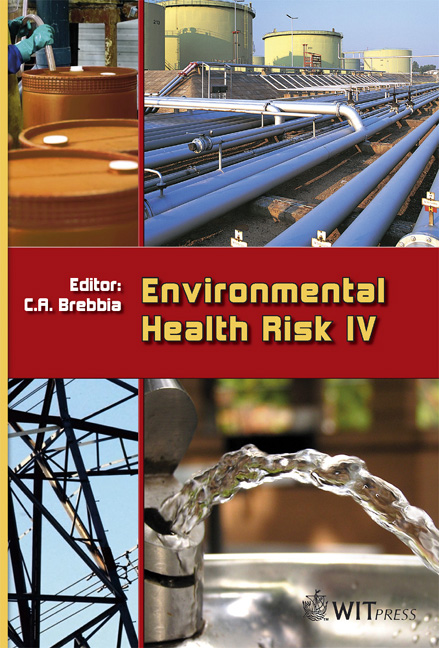Environmental Education And The Health Risk Question: How Do We Educate The Educators Working With This Theme?
Price
Free (open access)
Transaction
Volume
11
Pages
10
Published
2007
Size
357 kb
Paper DOI
10.2495/EHR070231
Copyright
WIT Press
Author(s)
D. M. Bianchini Bonotto
Abstract
Our society is presently seeing a trend of continuous increase of risk with severe consequences, especially those linked to environmental aspects. It has obligated us to reflect on this production and its effects, either positive or negative, and, after a long reflection, to think about the adopted model of civilization and the possibilities of changing such a model. The educational institution is among the social departments responsible for this revision process, since it represents one possibility to promote a more critical vision from society, providing it with tools needed for a more responsible action. However, schools are dominated by a traditional work, which does not allow for enough and proper attention to these relevant and current questions, and which involve a critical analysis of the conceptions and values established by our civilization, resulting in the present patterns of science-technology-society relations and their influence on the environment and health. Several research works have indicated a diversity of barriers that obstruct this necessary change. Since formal education plays an important role in the education of society for this theme, in this paper the possibilities and difficulty dealing with this problem are discussed, focusing on the question of teacher education, based on investigations related to teacher education programs for environmental education. The data collected show the urgency for introducing this theme in teacher training programs, taking into account the fact that educators have their own conceptions, values and attitudes that should be considered in these programs. Keywords: environmental education, risk literacy, health education, teacher education programs.
Keywords
environmental education, risk literacy, health education, teacher education programs.





